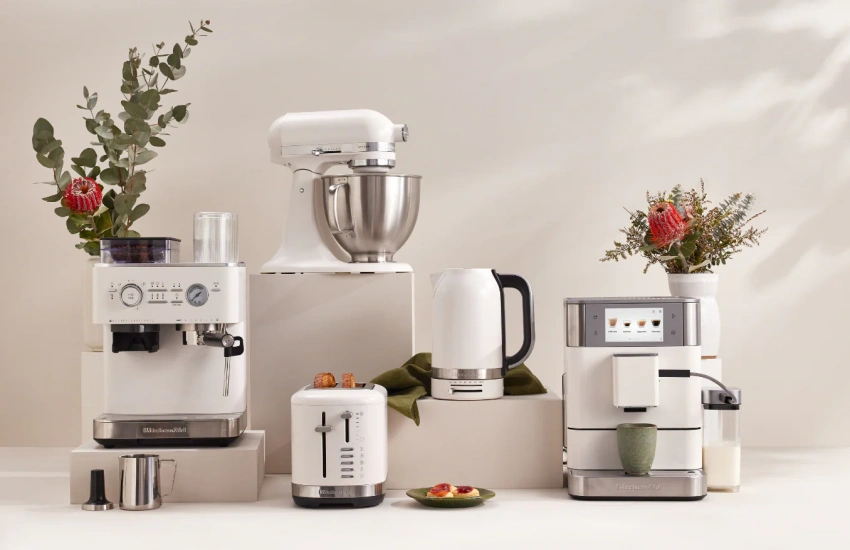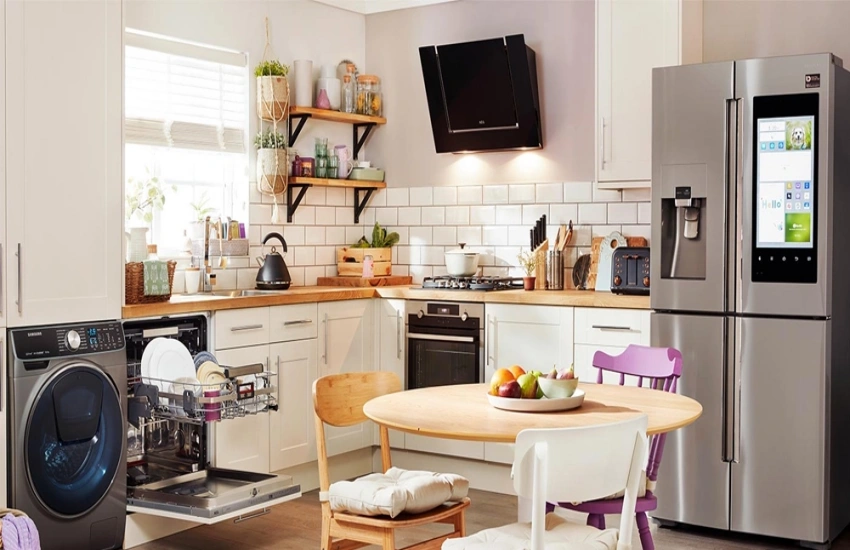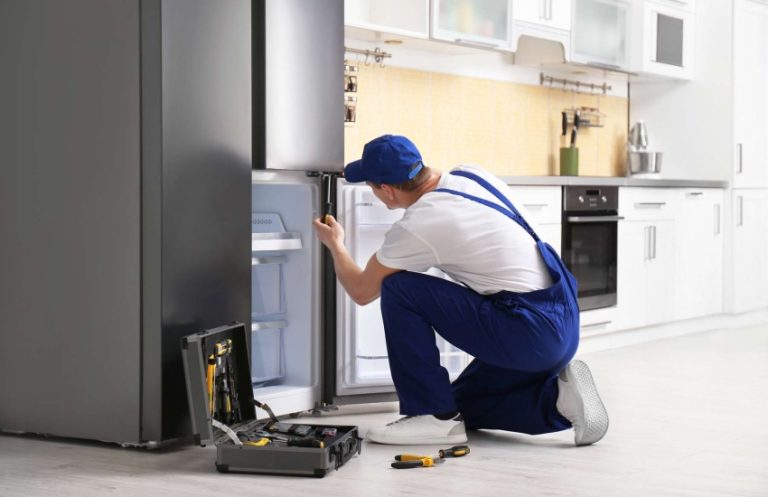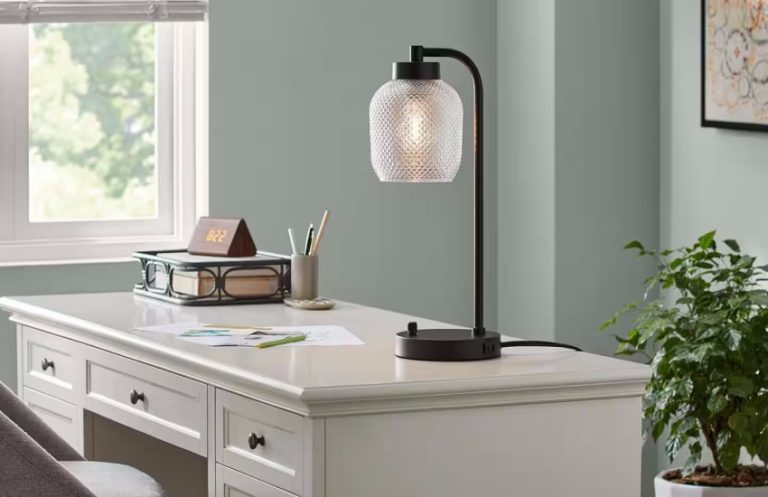
Convenience stands out as a primary benefit of kitchen appliances. Devices such as blenders, food processors, and slow cookers significantly reduce the time and effort required for meal preparation. Chopping vegetables, blending smoothies, or slow-cooking meals can all be accomplished with minimal manual labor, allowing individuals to focus on other aspects of their busy lives. This convenience is especially valuable for families with hectic schedules, enabling them to enjoy home-cooked meals without the stress.
Quality is another significant factor influenced by kitchen appliances. High-quality appliances often come equipped with advanced technology that ensures better cooking results. For instance, an oven with precise temperature control can produce perfectly baked goods, while a high-performance blender can create smooth and creamy textures for soups and sauces. Investing in quality appliances not only enhances the cooking process but also contributes to improved food taste and presentation.
Energy efficiency is increasingly important in the selection of kitchen appliances. Many modern devices are designed to consume less energy while maintaining high performance. Energy-efficient models can lead to reduced utility bills and a smaller environmental footprint. Homeowners can look for appliances with energy ratings or certifications, such as Energy Star, which indicate that the products meet strict energy efficiency guidelines. This focus on sustainability resonates with many consumers who are seeking to reduce their impact on the planet.
Versatility is a key advantage of many kitchen appliances. Multi-functional devices, such as an Instant Pot or an air fryer, can perform various cooking methods, from pressure cooking to frying. This versatility allows homeowners to experiment with different recipes and cooking styles without needing multiple specialized appliances. By maximizing functionality, these devices save both space and money, making them practical additions to any kitchen.

When selecting kitchen appliances, compatibility with existing kitchen decor and layout should be considered. Many manufacturers offer a range of styles and finishes, allowing homeowners to choose appliances that complement their overall design aesthetic. Whether opting for sleek stainless steel or classic white finishes, ensuring that appliances harmonize with the kitchen’s appearance can enhance the overall appeal of the space.
Maintenance is an essential aspect of owning kitchen appliances. Regular cleaning and upkeep can prolong the lifespan of these devices and ensure optimal performance. Homeowners should familiarize themselves with the specific maintenance requirements for each appliance, such as descaling coffee makers or cleaning air fryer baskets. This proactive approach can prevent common issues and enhance the efficiency of kitchen operations.
Budget considerations often influence appliance choices. While high-end models may offer advanced features, there are plenty of budget-friendly options that deliver excellent performance. Researching various brands and reading customer reviews can help homeowners identify reliable appliances that fit their financial constraints. Prioritizing essential appliances while gradually upgrading over time can create a well-equipped kitchen without overwhelming initial costs.
Incorporating the right kitchen appliances can significantly enhance the cooking experience and improve overall efficiency in the kitchen. The convenience, quality, energy efficiency, versatility, compatibility, maintenance, and budget considerations all contribute to making informed choices that elevate culinary endeavors. Embracing modern kitchen appliances transforms meal preparation into an enjoyable and efficient process, encouraging creativity and exploration in the culinary arts.





